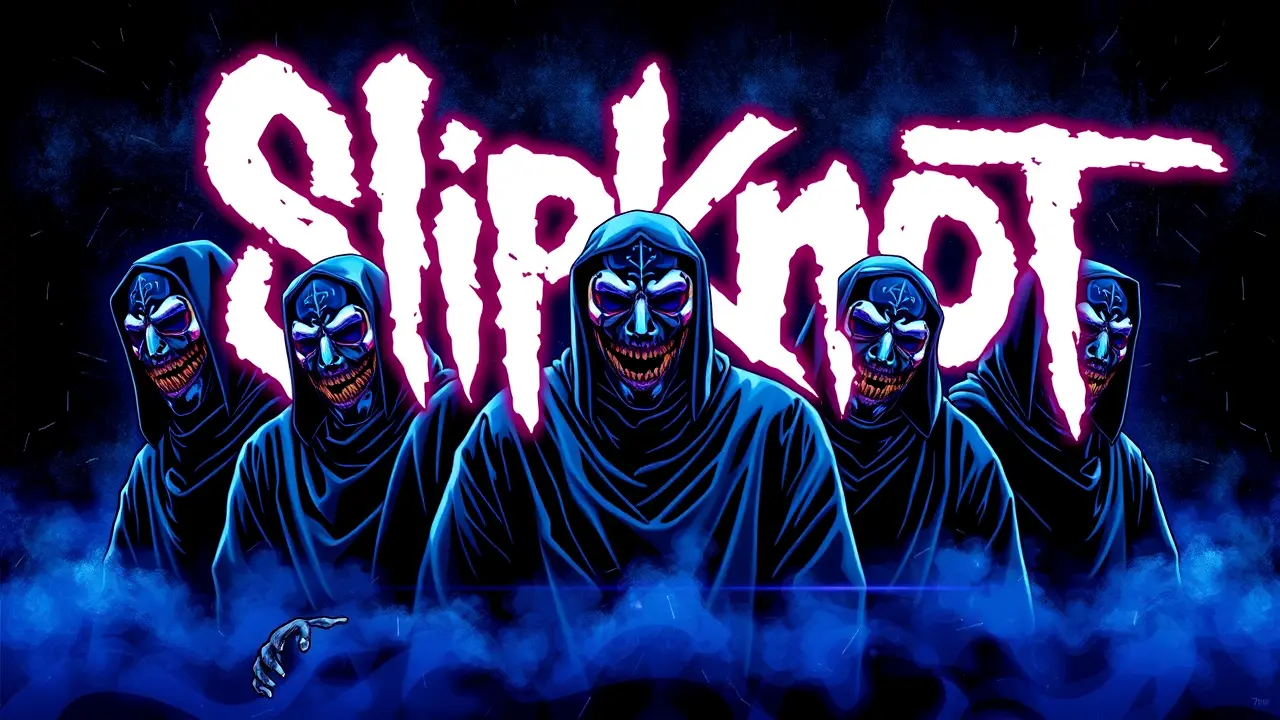Slipknot Sues to Reclaim Official Domain Name From Squatter
For nearly a quarter of a century, the nine masked marauders of Slipknot have been forced to operate from the digital address of Slipknot1. com, a clunky and perpetual reminder of a foundational injustice in the early chaos of the internet, a situation that feels as dissonant as a clean vocal in a grindcore track.Now, the Grammy-winning Iowan metal titans are drawing a line in the digital blood, filing a lawsuit to finally reclaim the official Slipknot. com domain from a cybersquatter who has held it hostage since the band's nascent days, a move that invokes the powerful, if often overlooked, Anti-Cybersquatting Consumer Protection Act.Imagine if The Beatles had to tour as TheBeatles2 or if Nirvana was forever NirvanaOfficial; it’s a profound branding wound, a constant slight against a group that built an empire on a meticulously curated aesthetic of controlled chaos and visceral authenticity. This isn't just a URL; it's their name, their banner, the very core of their identity in a realm where perception is everything, and for a band that treats its imagery with the solemnity of a sacred text, this has been a 25-year-long desecration.The legal filing reads like a battle cry from the 'Iowa' era, aggressive and unyielding, detailing how the band, formed in 1995, found its chosen digital homestead already occupied, forcing them to adopt the '1' suffix as a makeshift solution that, tragically, became permanent as their legend grew. The cybersquatting landscape of the late 90s was the wild west, a digital gold rush where speculators snatched up the names of celebrities, companies, and bands with the hope of a massive payday, holding these identities for ransom like some twisted collector of souls.The ACPA, enacted in 1999, was designed as a legislative machete to cut through this undergrowth, created precisely to protect against this kind of bad-faith registration where the sole intent is to profit from the goodwill of a trademark. For Slipknot, a band whose entire ethos is built on reclaiming power for the disenfranchised and screaming into the void, this lawsuit is more than legal housekeeping; it's a symbolic act of taking back what was always rightfully theirs, a final, decisive strike in a war they never asked for.The case will likely hinge on proving the squatter acted in bad faith, a task that seems straightforward given the domain's obvious connection to the band's trademark and its non-use for any legitimate purpose for decades, a digital ghost town sitting on prime real estate. A victory here would resonate through the entire music industry, sending a clear message to other domain squatters that the era of holding artists' identities hostage is closing, that the legal system can and will be a tool for artistic integrity.It’s a precedent that could empower countless other acts, from legacy artists to rising stars, to challenge similar digital land grabs, potentially unleashing a wave of domain reclaimations. One can only speculate on the untold fan confusion and lost opportunities over the years—the misdirected emails, the failed merchandise links, the general dilution of their brand—all because of this single, vexing typo. The resolution of this case will be a landmark moment, a final correction to a historical wrong, allowing Slipknot to fully unite their monumental legacy with their digital footprint, ensuring that when you type the name they built in blood, sweat, and masks, you finally arrive at the one true source of the noise, no asterisks, no additions, just the pure, unadulterated chaos they have always commanded.
It’s quiet here...Start the conversation by leaving the first comment.
© 2025 Outpoll Service LTD. All rights reserved.
